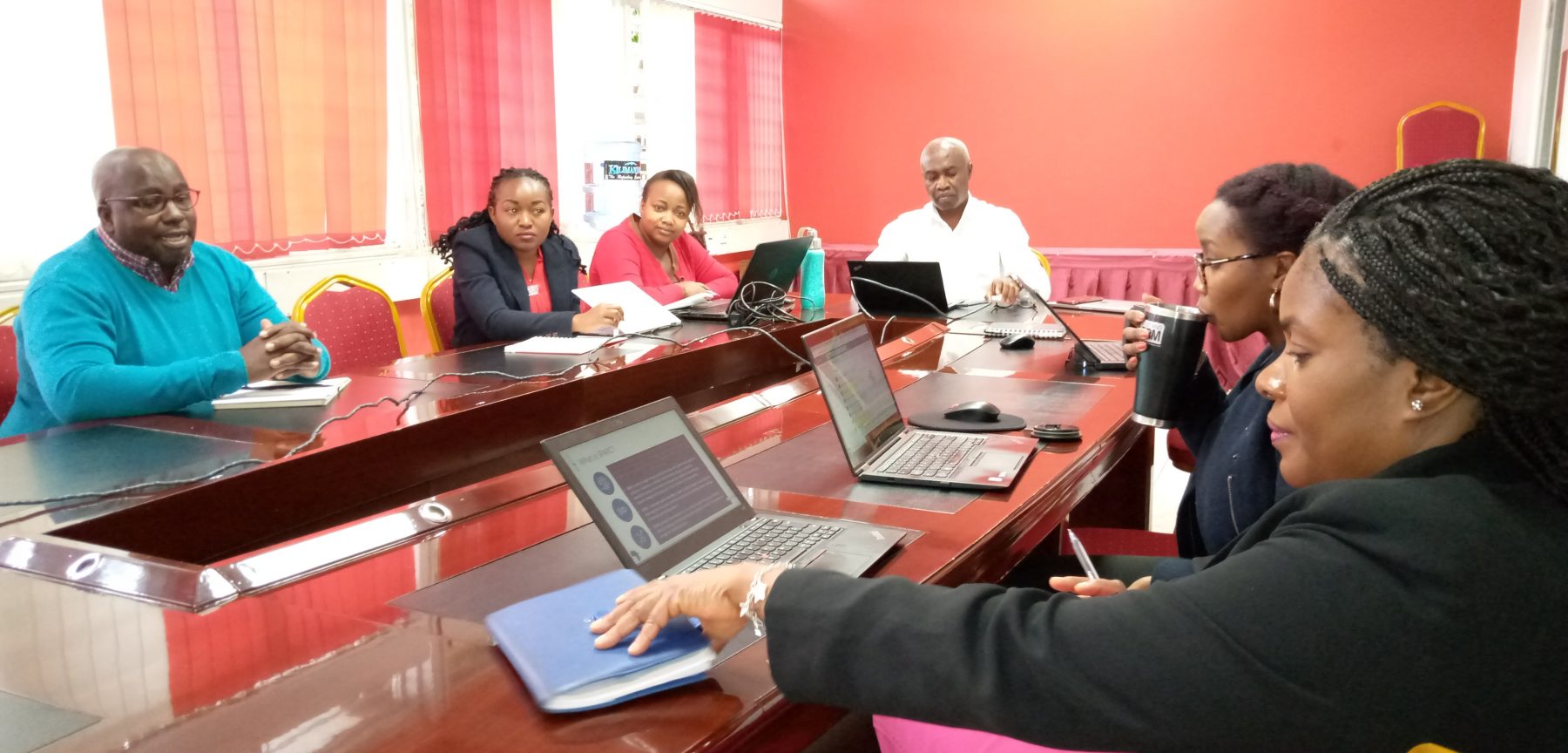By Agnes Munyua
In February 2019, SPARC was invited by Kenya’s Cabinet Secretary to provide support to an Expert Panel, which was commissioned to undertake a review that will transform and reposition the National Hospital Insurance Fund (NHIF) as a strategic purchaser of health services. This request provided an opportunity for SPARC to apply the coaching and mentoring approach that it is co-developing with the USAID African Collaborative for Health Financing Solutions and the USAID Health Systems Strengthening Accelerator.
Country change processes are complex and entail engaging numerous stakeholders, managing the political dynamics between them, and getting their buy-in to initiate and sustain change. During critical decision points, a mentor can be a useful sounding board to country partners and offer high-level, strategic guidance based on similar situations s/he has been a part of. A mentor is a seasoned and well-respected expert, who often has experience leading institutions and/or managing change processes.
In Kenya, Nathaniel Otoo, SPARC’s outgoing Executive Director, leveraged his extensive experience as the Chief Executive Officer of Ghana’s National Health Insurance Authority, as a mentor for SPARC’s engagement with the NHIF Expert Panel. Below are some reflections and advice from Nat from his experience as a mentor:
- Change processes are not linear: The process of initiating change within government is rarely linear and rarely conforms to neatly drawn out project workplans. Nat recommends to buffer timelines for country engagements, particularly those requiring complex multi-agency changes, stakeholder engagement, and/or changes in legislation.
- Legitimacy is key: Nat was introduced as a mentor to the Expert Panel by the Cabinet Secretary, the champion of the process. This legitimized his position and enabled him to facilitate country partners. Nat’s experience was also critical in his selection – he had the right profile and experience from a similar country context with a well-respected health insurance system.
- A mentor should be in the background and not the foreground: Nat did not make decisions, give unsolicited opinions or advice, or choose solutions for country partners. Instead, he engaged only when requested, to provide guidance that led to home-grown solutions for strategic purchasing reform.
- Be flexible, responsive and adaptable: Nat received varied requests as the mentor, and he had to prioritize what was possible within his available bandwidth and know when it was time to call in additional expertise.
- Build consensus to reach solutions: Country reform processes are complex and there are often winners and losers in any change being proposed. Nat often brokered discussions between country partners to reach consensus and resolve conflict. To do this, he needed to be viewed as a legitimate broker and remain a neutral arbitrator with respect from all sides.
- Use formal and informal channels: Nat was engaged to support the panel and attended formal meetings to give advice and share his experience when requested. However, informal channels and engagements were often used to mediate and negotiate between conflicting positions, and for one-on-one sessions to discuss confidential or controversial issues with panel members.
- Be a credible and objective source of information: Leverage on the positive principles that work from international examples to create home-grown solutions, as opposed to imitating “models” or “systems” as a whole, as certain elements may not work well in that country context.
- Listen: Finally, and most importantly, develop communication channels and build in check points with the champion and country partners to solicit objective feedback. In this way, you can gauge how useful you are as a mentor to the change process and country partners and ensure you are not being a bottleneck, but rather, meeting their mentorship needs and expectations.
These tips are a starting point which SPARC will build on as they continue testing this coaching and mentoring approach. Do you agree or disagree? What additional tips do you have from your experiences? We look forward to hearing from you and hope to keep this conversation going!
Author Profile
Agnes Munyua is a Senior Program Officer at Results for Development supporting the development of the coaching and mentoring approach and is also the technical facilitator for SPARC’s Technical Partnership for Strategic Health Purchasing Progress Mapping.

